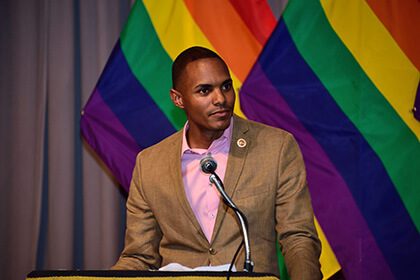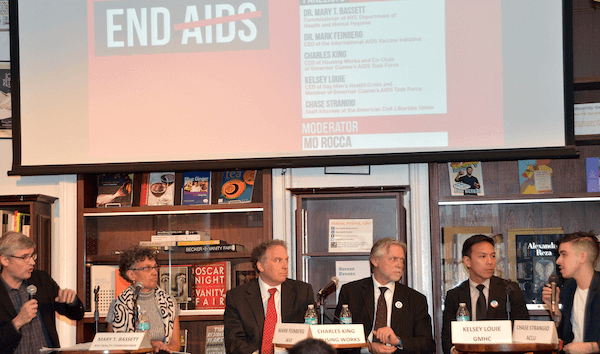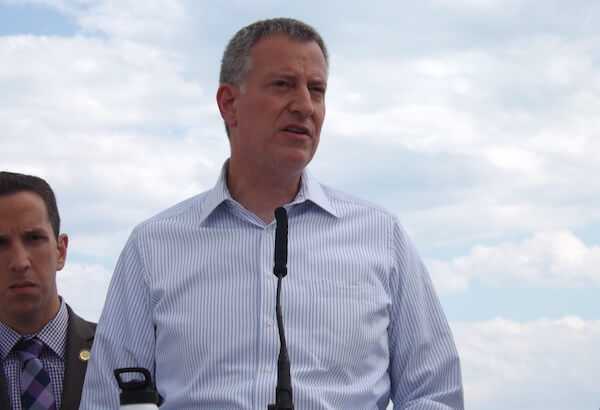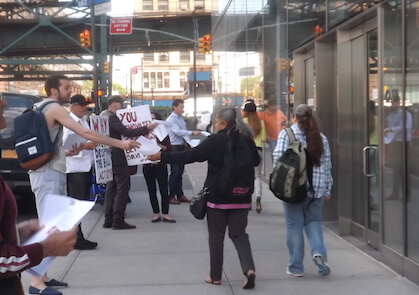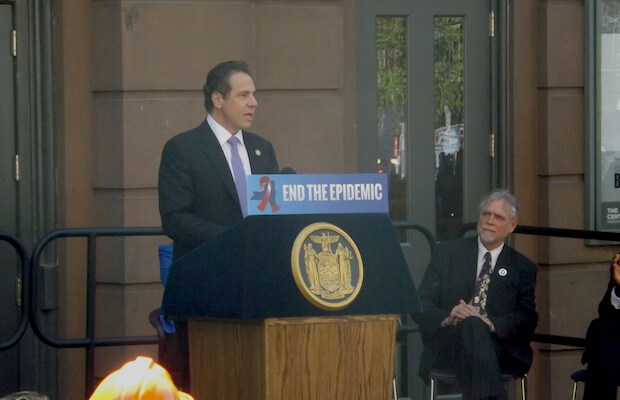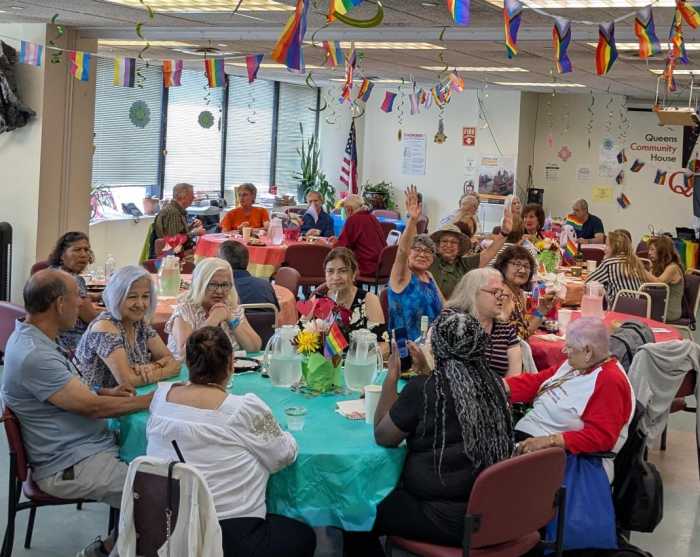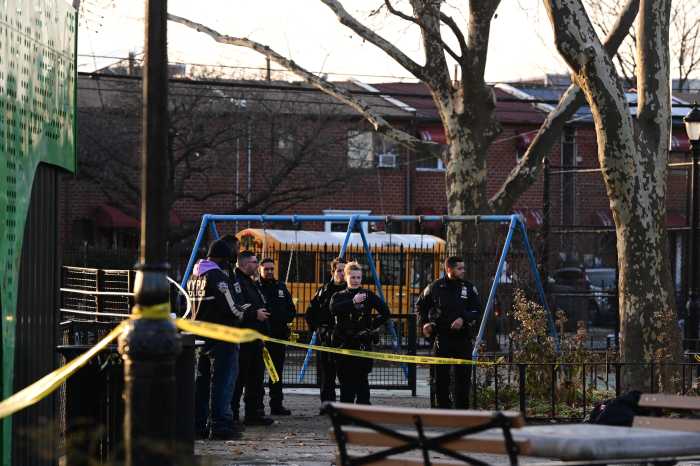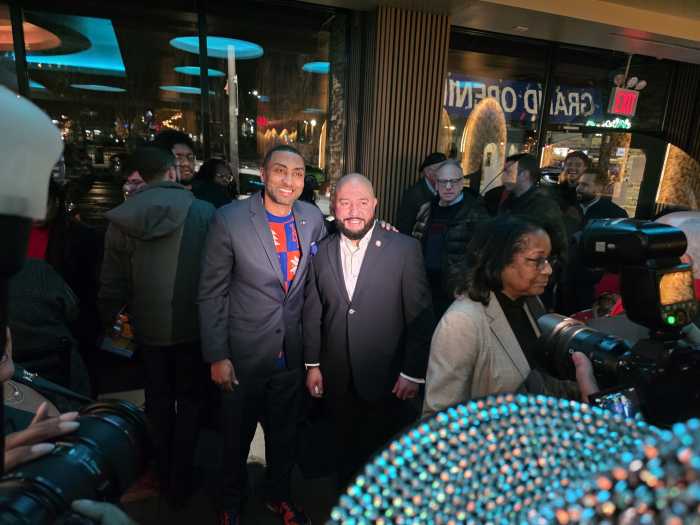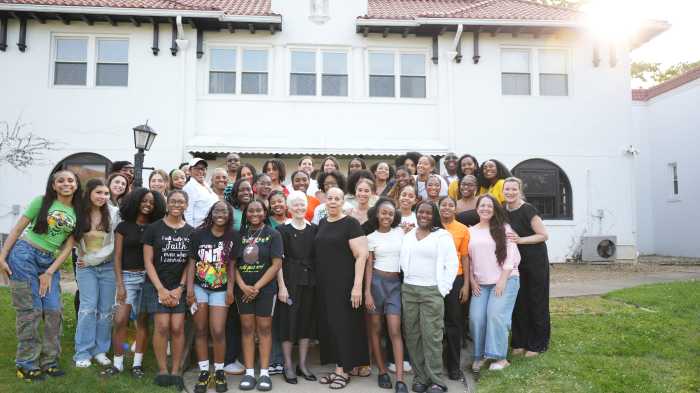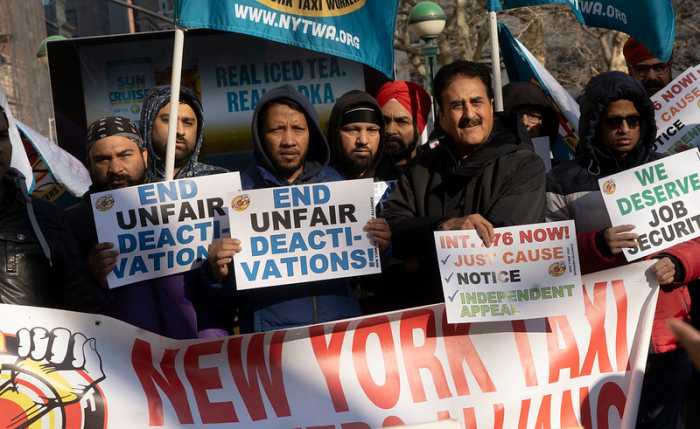Councilmember Ritchie Torres, the first out LGBT elected official in the Bronx. | DONNA ACETO
A City Council appropriation in this year’s budget will allow for the most dramatic geographic expansion of services for LGBT seniors in New York’s history. For the fiscal year that began on July 1, the Council earmarked $1.5 million that will allow SAGE, Services and Advocacy for GLBT Elders, to open up centers serving the community’s seniors who live in Brooklyn, the Bronx, and Staten Island and to broaden the services offered in a center SAGE has run in Harlem for the past decade. Money will also go to support the Queens Center for Gay Seniors, formerly known as SAGE Queens. The Queens center, even under its old name, operated independently of SAGE, which is headquartered on Seventh Avenue in Chelsea.
According to SAGE, roughly 100,000 residents of New York City are LGBT people 65 and over. The group estimates that one third of them live in poverty.
The Council appropriation will provide just over $360,000 each for new centers in Brooklyn and the Bronx and the existing Queens Center, which is housed at the Kew Gardens Senior Center, part of the Queens Community House borough-wide system. That money will provide each of the borough’s facilities with 50 meals a day, a site coordinator and a program coordinator, and a 20 percent share of the time of a citywide SAGE Center program director.
Appropriation of $1.5 million supports new facilities in Brooklyn, Bronx, Staten Island, expansion in Queens, Harlem
A new center in Staten Island will be funded at $133,000, with no site coordinator and no meals provided. The existing Harlem center will provide meals, but with fewer needs for incremental on-site staffing, the total appropriation there will be $280,000.
According to Tracy Welsh, SAGE’s deputy executive director and chief financial officer, the new money will allow the Harlem facility, which she termed currently as a “small satellite” to the main SAGE Center in Chelsea, to roughly double in capacity. The small allocation for Staten Island, the least populated borough, she explained, came from “an understanding of the city’s demographics and the challenges of getting them up quickly” in that borough. She added, “Hopefully, the demand and funding will allow us to upscale there.”
For now, the money represents a Council initiative rather than a permanent part of the city’s Department of Aging programs. Such initiatives are often the way new programs are launched, and SAGE and the councilmember the group credited with leading the charge, Ritchie Torres, an out gay freshman Democrat from the Bronx, are hopeful the new centers can prove their effectiveness and win support from Mayor Bill de Blasio and the Department of Aging for budgets going forward.
Welsh noted that this year’s budget was not the first time SAGE sought funding to expand to boroughs outside Manhattan. “When we met with Ritchie, he was able to get his mind around it,” she said. “He was a champion.”
At a recent gathering of DL21C, a group of young progressive Democrats, Torres said, “This initiative penetrates to the core of progressive government.” The LGBT community in the outer boroughs, he asserted, is disproportionately older and poorer relative to Manhattan and to date has had little or no ready access to “culturally competent senior centers.”
Noting the risks for depression among older and economically challenged people, Torres said, “Something as simple as a senior center could change their lives. A second home —maybe the only family they have.”
In his DL21C presentation, Torres also mentioned he is working to win support for capital funds to convert the old Fordham Library in his Bronx district into an LGBT community center for all ages. Discussing LGBT community needs in the Bronx, he pointed out that while Chelsea has an HIV infection rate twice that of the Fordham neighborhood, the rate of AIDS mortality in Fordham far outstrips that in Chelsea.
SAGE’s Welsh said the group is zeroing in on locations in Brooklyn, the Bronx, and Staten Island and hopes to have one or more of the centers up and running this autumn.
In addition to existing senior centers in Chelsea, Harlem, and Queens, the LGBT Community Center has, since its founding in 1983, maintained a SAGE drop-in center managed by clients of the agency. As Andy Humm reported in the last issue of Gay City News, renovation at the Center caused SAGE to lose its first floor space and led to a contentious fight between the room’s regulars and both the Center and SAGE. Michael Adams, SAGE’s executive director, on September 16 announced an agreement that met what he said were “95 percent” of the clients’ demands, an assessment that Jerry Hoose, a longtime participant in the drop-in center, said was about right.

